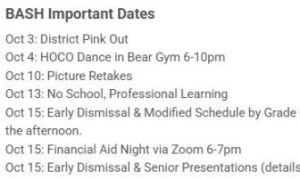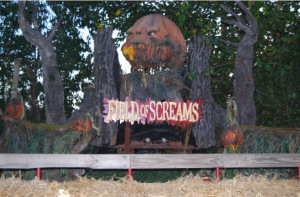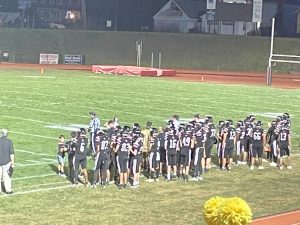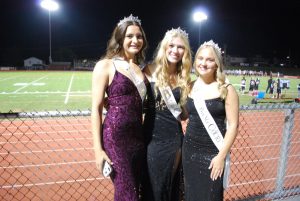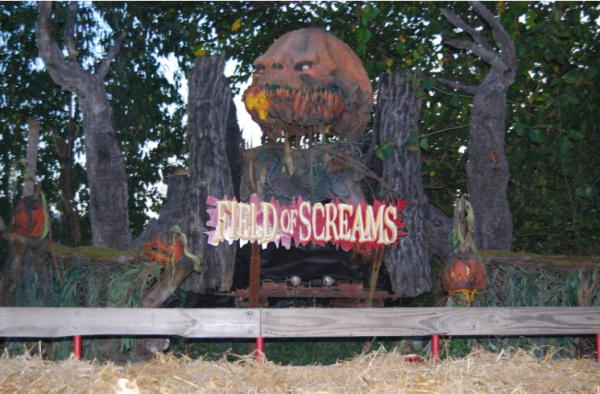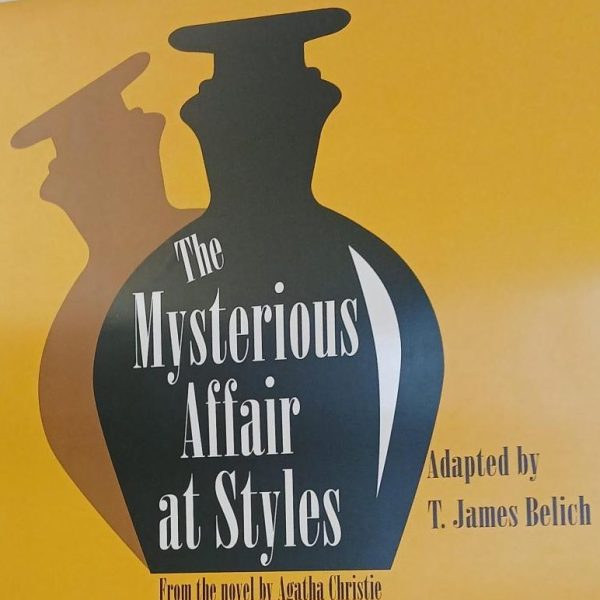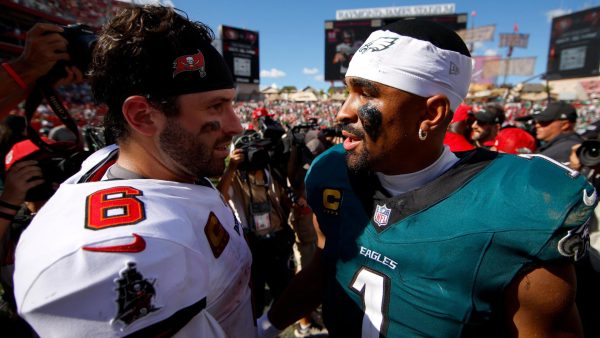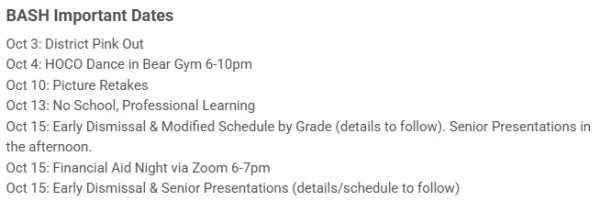‘Sweet and Glorious’ Willingness to Sacrifice
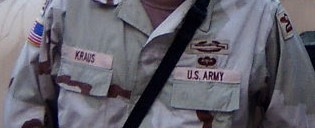
“One day,” he said, “I’m going to lead men in combat.”
A 15-year-old young man stood in front of 14-year-old me pointing to his dresser where he had staged his green G.I. Joes for what would clearly be an epic battle. I could see the scout with the radio camouflaged by a stack of pink erasers. Behind the scout, hidden among books and other knickknacks, was a force to be reckoned with. The unsuspecting little green marching soldiers in the clearing of the dresser would be caught unaware.
Since 1954, Americans have honored what we call Veterans Day. It’s a day to thank and honor living veterans who served honorably in the military at any time whether wartime or peacetime. May I add that the soldiers’ bold and unflinching willingness to sacrifice is also worthy of recognition on Veterans Day.
In January 2004, several years after the little green G.I. Joes overtook the opposing little green G.I. Joes in the Great Dresser-top Battle, I married that young man who had become a 1st Lieutenant in the U.S. Army. He was stationed at Ft. Benning, GA. The U.S. Administration had ordered troops on the ground in Iraq in 2003, and that first wave of Army soldiers was looking for replacements in order to conclude their year-long tour. Kraus’ unit was asked for volunteers to deploy to Baghdad with the 161st Infantry Regiment and 81st Brigade Combat Team. Lt. Kraus was the first one to step forward. January 24 we were married and February 14 he began the deployment process.
Lt. Kraus was going to realize his dream to “lead men in combat.”
But over the next year, he would also come to understand the meaning of Wilfred Owen’s poem, “Dulce et Decorum Est.” Dulce et decorum est pro patria mori. The first line of the poem translated from Latin reads “How sweet and glorious it is to die for one’s country.” Owen’s sardonic poem goes on to describe in detail the gory, “glorious” ways soldiers were following that call during WWI. The poem makes a poignant statement which can be applied to so many of our veterans who run to serve with a philanthropic spirit and with the “sweet and glorious” sentiment ringing in their hearts. Our combat troops return having discovered the truth: that the reality of war is not sweet. Nor glorious. The reality of war leaves them changed and empty.
For many years I looked into those empty eyes and hollow soul, and I tried to breathe life into my wounded war veteran to no avail. Our marriage ended up as a plus-one in the divorce statistic column.
Many of our troops return from war with a Post Traumatic Stress Disorder (PTSD) diagnosis which is often coupled with a few other non-glorious diagnosis like anxiety, depression, and addiction-related tendencies. Most mental health conditions are not becoming and these are no exception. Working with, living with, and loving someone who returned home after combat can be confusing and difficult.
Lt. Kraus didn’t lose his life or a limb. But he went in with the willingness to do so. He did, however, make sacrifices that are less obvious.
This Veterans Day, I would encourage you to offer a heartfelt and confident “Thank you for your service!” to anyone who has worn or is currently wearing a uniform. Every one of them went in thinking dulce et decorum est pro patria mori. And it is that willingness that continues to keep our country safe.
*published with permission from fmr. Captain Kraus, U.S. Army




